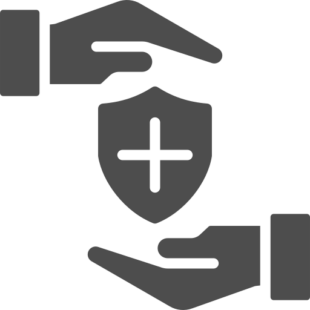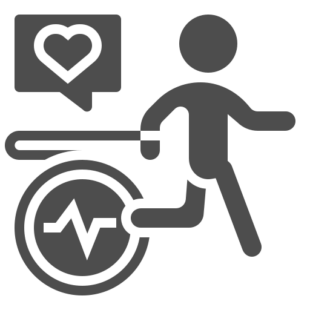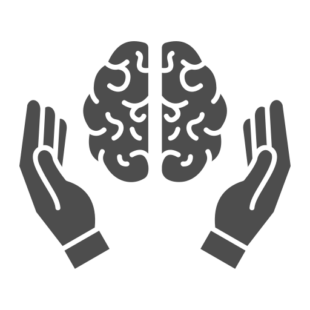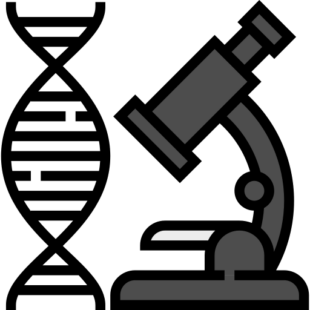
In the world of healthcare and caregiving, there are various roles and titles that may seem similar at first glance but have distinct responsibilities, qualifications, and scopes of practice. Two such roles that are often confused are “caregiver” and “healthcare assistant.” While both positions involve caring for individuals in need, they differ in terms of training, settings, and the level of care provided. In this comprehensive guide, we will explore the differences between caregivers and healthcare assistants, helping you understand their unique roles and contributions to the healthcare industry.
Explore our engaging IOMH course designed for those who are enthusiastic about healthcare assistance and wish to pursue it as a career. Feel free to check it out if you’re eager to transform your passion into a profession!

Healthcare Assistant Training
In the UK, the healthcare sector is a vital component of society, offering employment and a chance to make a meaningful difference in people’s lives.
Table of Contents
Caregiver
A caregiver is an individual who provides non-medical care and assistance to individuals who require help with daily activities. Caregivers often work in home care settings, assisting seniors, individuals with disabilities, or those recovering from illnesses or surgeries. Here are key aspects of the caregiver role:
Non-Medical Assistance
One of the fundamental distinctions of a caregiver’s role is that they provide non-medical assistance. This includes helping with activities of daily living (ADLs) such as bathing, dressing, grooming, meal preparation, medication reminders, and light housekeeping. Caregivers focus on ensuring their clients’ comfort, safety, and well-being.
Personalised Care
Caregivers develop close relationships with their clients, providing personalised care tailored to individual needs and preferences. They often spend significant one-on-one time with their clients, offering companionship and emotional support.
Minimal Formal Training
While some caregivers may have formal training or certifications, such as Certified Nursing Assistants (CNAs) or Home Health Aides (HHAs), many caregivers do not require formal healthcare education. However, they often receive on-the-job training and may have relevant experience in caregiving.
Home-Based Care
Caregivers typically work in home care settings, providing care to clients in their residences. This allows clients to age in place and maintain their independence in familiar surroundings.
Non-Medical Tasks
Caregivers do not perform medical tasks such as administering medications, wound care, or medical assessments. Their focus is on supporting daily living activities and ensuring a comfortable living environment for their clients.

Healthcare Assistant
On the other hand, a healthcare assistant is a trained and certified healthcare professional who provides a broader range of care services in various healthcare settings, including hospitals, clinics, nursing homes, and rehabilitation centres. Here are the key aspects of the healthcare assistant role:
Medical and Clinical Care
Healthcare assistants are trained to provide both non-medical and medical care. They may administer medications, check vital signs, assist with medical procedures, and provide basic wound care under the supervision of registered nurses or healthcare professionals.
Formal Training and Certification
Unlike caregivers, healthcare assistants typically undergo formal training and certification programs. They may hold certifications such as Certified Nursing Assistant (CNA), Licensed Practical Nurse (LPN), or Medical Assistant (MA).
Healthcare Settings
Healthcare assistants work in a variety of healthcare settings, including hospitals, long-term care facilities, clinics, and doctors’ offices. Their roles and responsibilities can vary depending on the specific healthcare environment.
Medical Documentation
Sometimes, healthcare assistants are responsible for documenting patient information and care activities in medical records. They play a crucial role in maintaining accurate patient records.
Collaboration with Healthcare Professionals
Healthcare assistants work closely with registered nurses, doctors, and other healthcare professionals to ensure patients receive comprehensive care. They often act as a bridge between patients and the healthcare team.

Key Differences
Now that we have explored the roles of caregivers and healthcare assistants let us summarise the key differences between the two positions:
Scope of Care: Caregivers focus on non-medical assistance with activities of daily living, while healthcare assistants provide a broader range of care, including medical tasks.
Training and Certification: Caregivers may have minimal formal training, while healthcare assistants undergo formal education and certification.
Settings: Caregivers primarily work in home care settings, while healthcare assistants work in various healthcare facilities.
Documentation: Healthcare assistants may be responsible for medical documentation, while caregivers typically do not handle medical records.
Collaboration: Healthcare assistants collaborate closely with healthcare professionals, while caregivers primarily support clients and their families.
Choosing the Right Care
When seeking care for yourself or a loved one, it is essential to understand the distinctions between caregivers and healthcare assistants. The choice depends on the specific needs and medical requirements of the individual. Here are some considerations:
Caregiver: Ideal for individuals who need assistance with daily activities and prefer to receive care in the comfort of their homes. Caregivers offer personalised, non-medical support.
Healthcare Assistant: Suitable for individuals with medical needs that require professional medical care and monitoring. Healthcare assistants work in healthcare facilities and provide higher clinical care.
It is essential to communicate openly with healthcare providers and agencies to determine the most appropriate level of care for your situation. Both caregivers and healthcare assistants play vital roles in supporting individuals in need, and their contributions to the healthcare industry are invaluable. Understanding their roles allows individuals and families to make informed decisions about the care they receive.
- All Courses
Personal Development (1072)
 Management & Administration (209)
Management & Administration (209)Health & Social Care (200)
 Health and Safety (197)
Health and Safety (197) Employability (176)
Employability (176)Business (170)
IT & Software (151)
 Health and Fitness (150)
Health and Fitness (150) Accounting & Finance (100)
Accounting & Finance (100) Design & Technology (66)
Design & Technology (66) Teaching & Education (60)
Teaching & Education (60) Sales & Marketing (59)
Sales & Marketing (59)Career Bundle (55)
 Mental Health & Counselling (49)
Mental Health & Counselling (49) Construction & Engineering (43)
Construction & Engineering (43) Animal Care (28)
Animal Care (28) Science (25)
Science (25) Photography & Lifestyle (22)
Photography & Lifestyle (22)Language (22)
 Diet & Nutrition (19)
Diet & Nutrition (19)Makeup & Beauty (18)
First Aid (15)
 Compliance & Law (15)
Compliance & Law (15) Food Safety & Hygine (9)
Food Safety & Hygine (9) Sports & Fitness (2)
Sports & Fitness (2)




0 responses on "Care Giver vs Healthcare Assistant"